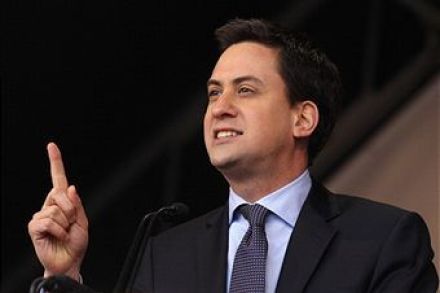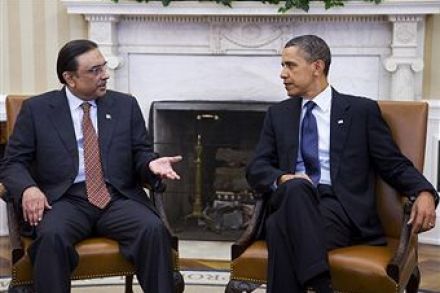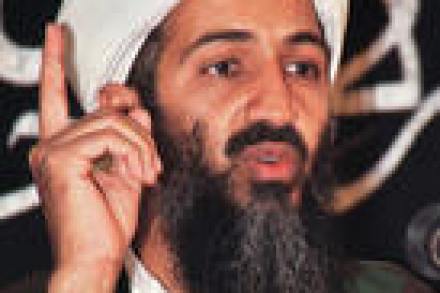Miliband’s myopia
The Prime Minister declared war at PMQs today. Not once but twice in the same sentence. ‘We’re at war in Libya and in Afghanistan,’ he said, in a throwaway footnote to some ritual noises about his ‘huge respect for our armed forces.’ Until this historic moment Britain had been engaged in peace-keeping and nation-building in Afghanistan, and in civilian protection and tyrant-bothering in Libya. But now it’s official. We’re mobilised on two fronts. Ed Miliband might have made more of this but he was too busy mentally preparing himself for this week’s shock ambush. This week’s shock ambush wasn’t quite as shocking as it might have been because it had
















